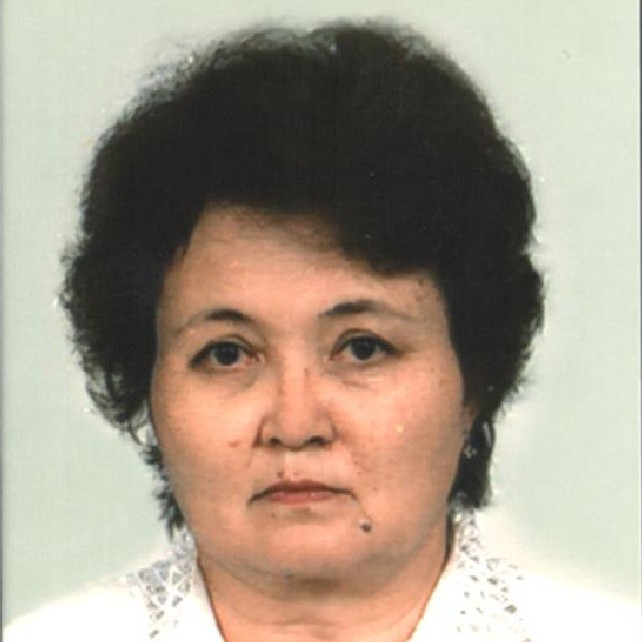
Akhmedyarova Mynavar
Professor
The Department of «Economics and business»
Doctore of economics sciences
email: amv-prof@mail.ru
1976-2000 – teacher, senior lecturer, associate professor of AINH
2000-2002. – head.department of KazGos.AgrU
2002-2003 – Dean of AESA
2002-2011 – Professor of KBTU., UMB
2011- 2014- Professor of MAB
2014 – 2019- Professor of Narkhoz University
2019- present Professor of Kazntu
1969 - 1971 Alma-Ata Institute of National Economy. Economy.
1971 - 1974 Alma-Ata Institute of National Economy. postgraduate study.
2000 - 2002 KazGAU. doctoral studies.
1. Research in the field of quality of life, competitiveness of the economy, regional economy, sustainable development and public-private partnership.
2. UNDP project in Kazakhstan: "Poverty reduction in Kazakhstan: lessons from achievements and the future" (2006-2008))
3. The ILO project in Kazakhstan "poverty reduction through employment of the population, including youth in the countries of Central Asia and the Caucasus" (2004-2006).)
Publications
Published more than 185 scientific and methodological
Works including textbooks and 6 monographs:
- -Akhmedyarova M.V. "Economic theory: a reference summary of lectures" in 4 parts (2003),
- -Akhmedyarova M.V. "Ekonomikalyk theory: tyrek konspektileri" in 2 parts (2003),
- -Akhmedyarova M.V. "Educational and methodological complex on economic theory" (2006),21 p.l
- . -Akhmedyarova M.V. "Economic theory" Textbook (2008, 2010, 2011, 2016), 22.0 p.l
- . -Akhmedyarova M.V. "Quality of life of the population: theory, priorities and practice" Monograph (2009),
- -Akhmedyarova M.V. "Quality of life management of the population" Monograph (2012).
- -Akhmedyarova M.V. "Regional economy" Textbook (2016), 20.0 P.L.
- Akhmedyarova M.V. "Ekonomikalyk theory" Oku kuraly (2016), 17.3 P.L.
- Akhmedyarova M.V. et al. "Green economy" and quality of life. Monograph of Almaty, Gira Trade LLP, (2019), 12.0 P.L.
- Akhmedyarova M.In Quality of life management in a market economy. Monograph of "Gira Trade" LLP, (2019), 17.0 P.L.
- Akhmedyarova M.V. et al. Sustainable development: general methodology of the problem. Monograph of Gira Trade LLP, (2019), 11.0 p.l.
- Akhmedyarova M.V. et al. The role of credit in the development of the real sector of the economy of Kazakhstan. Monograph of Gira Trade LLP, (2019), 10.0 p.l.